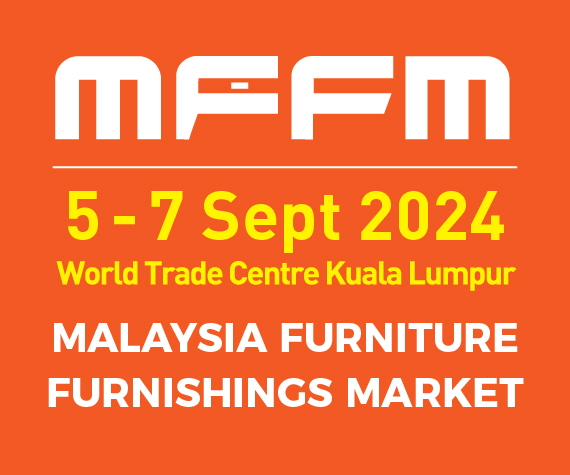In a landmark move to secure a sustainable and diversified supply of critical raw materials (CRMs) essential for the green and digital transitions, the European Union and Uzbekistan have signed a Memorandum of Understanding (MoU) on April 5. This strategic partnership aims to enhance CRM cooperation, marking a significant step forward in the EU’s broader strategy to bolster its supply chains against potential disruptions.
European Commission Executive Vice-President Valdis Dombrovskis and Uzbekistan’s Minister of Investment, Industry and Trade Laziz Kudratov officiated the agreement, emphasizing their shared commitment to developing resilient and sustainable CRM value chains.
Key Areas of Cooperation:
- Integration of sustainable CRM value chains, promoting trade and investment linkages.
- Enhancing the resilience of CRM supply chains and establishing transparent investment and export measures.
- Mobilizing funding for CRM projects and infrastructure development, including clean energy supplies.
- Promoting sustainable and responsible CRM production and sourcing.
- Collaborating on research and innovation for CRM exploration, extraction, processing, and recycling.
- Building capacity and developing training for CRM-related activities.
Following the MoU, both parties will collaborate on creating an operational roadmap detailing concrete implementation actions to advance the partnership goals.
Aligned with the EU’s 2020 Action Plan for Critical Raw Materials and external energy engagement strategy, this partnership underscores the EU’s commitment to forming mutually beneficial relationships with resource-rich countries. Uzbekistan, with its substantial reserves of minerals like copper, molybdenum, and gold, stands as Central Asia’s second-largest holder of CRMs. The nation’s mining strategy aims to enhance CRM processing capabilities for domestic use and international markets, especially in sectors such as automotive and consumer electronics.
This agreement is part of the EU’s Global Gateway strategy, which seeks to foster investments in sustainable and high-quality projects worldwide, ensuring long-term benefits for local communities. Through this initiative, the EU plans to mobilize up to €300 billion by 2027, further expanding its network of raw materials partnerships which currently includes countries like Canada, Ukraine, Kazakhstan, Namibia, Chile, Argentina, Zambia, the Democratic Republic of Congo, and the Autonomous Territory of Greenland.
Impact on Furniture and Home Goods Industry:
For the furniture and home goods industry, this strategic partnership could lead to more robust supply chains and new business opportunities. As Uzbekistan develops its CRM capabilities, industries reliant on these materials may see reduced costs and improved supply chain reliability. Companies in the furniture and home goods sector should consider how access to sustainably sourced and processed CRMs could drive innovation and efficiency in product development and manufacturing.




